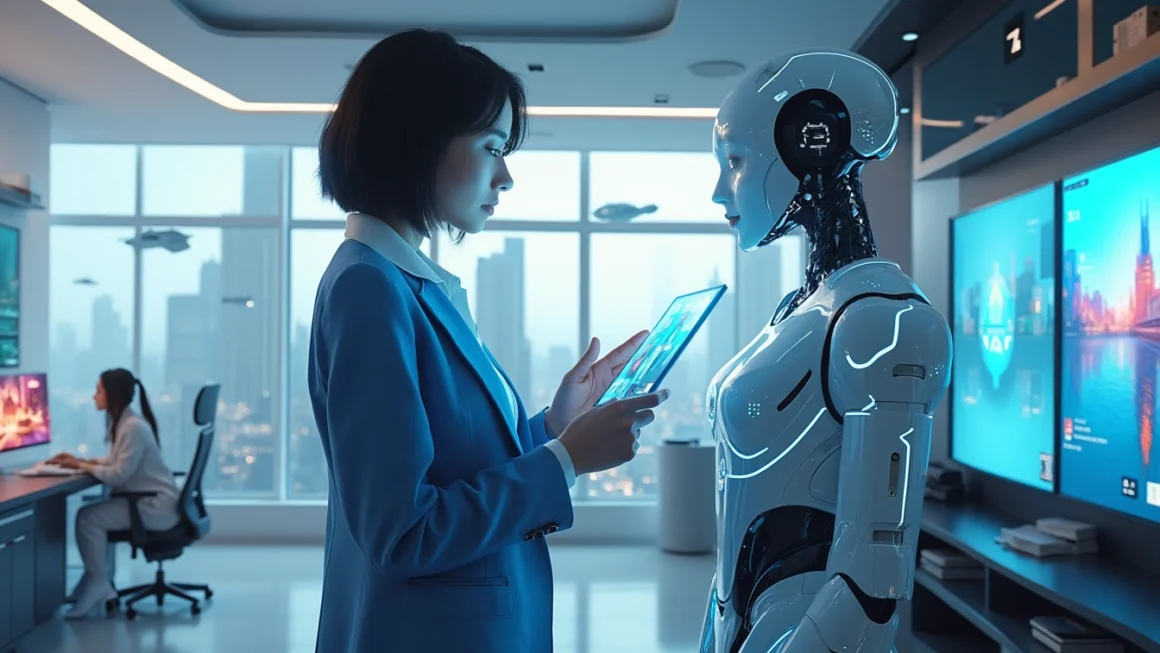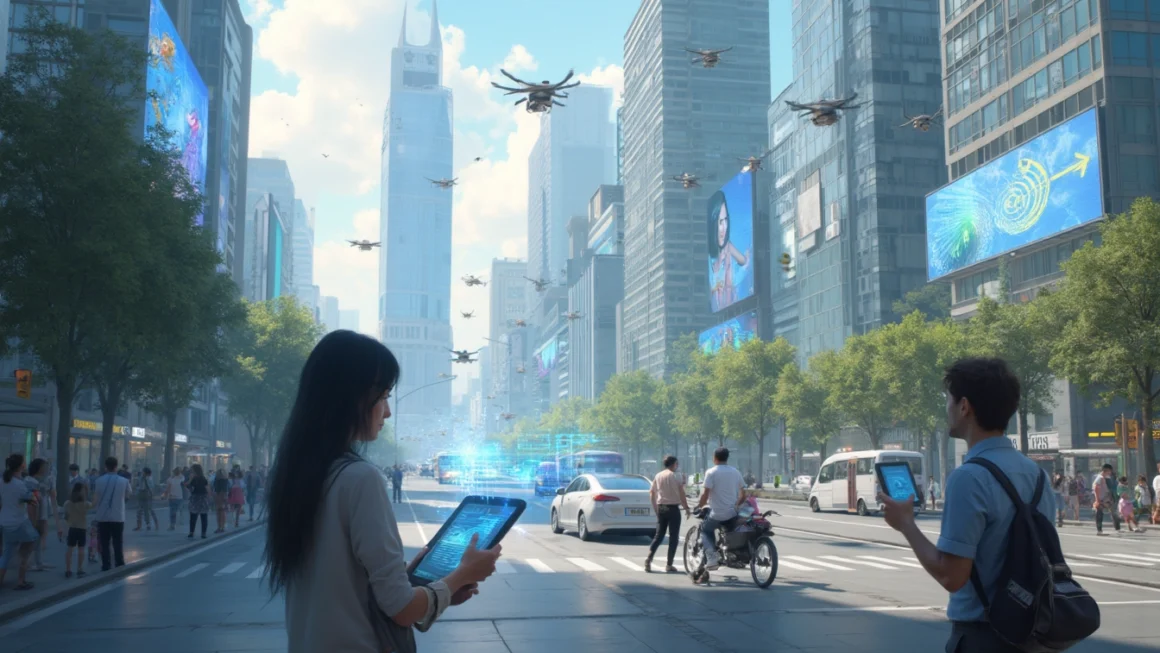The Intricacies of Artificial Intelligence and Its Impact on Society
Table of Contents
Artificial Intelligence (AI) has become an increasingly prevalent topic in recent years, with its potential to revolutionize various aspects of our lives. As we delve deeper into the world of AI, it’s crucial to understand its implications and the challenges it presents.
Understanding AI and Its Applications
AI refers to computer systems designed to perform tasks that typically require human intelligence. These systems can analyze data, recognize patterns, and make decisions with minimal human intervention. The applications of AI are vast and diverse, ranging from healthcare and finance to transportation and entertainment.
One of the most significant areas where AI is making strides is in natural language processing. This technology allows machines to understand, interpret, and generate human language, paving the way for more advanced virtual assistants and chatbots. Automation platforms are leveraging these AI capabilities to create more efficient workflows and enhance user experiences.
The Ethical Considerations of AI
As AI continues to advance, ethical concerns have come to the forefront of discussions. Some of the key issues include:
- Privacy and data protection
- Bias and discrimination in AI algorithms
- Job displacement due to automation
- The potential for AI to be used in warfare or surveillance
These concerns highlight the need for careful consideration and regulation as we integrate AI more deeply into our society.
AI’s Impact on the Job Market
One of the most hotly debated topics surrounding AI is its potential impact on employment. While some jobs may become obsolete due to automation, new roles are likely to emerge in fields related to AI development and maintenance. The key lies in adapting our education systems and workforce training to prepare for this shift in the job market.
The Future of AI: Opportunities and Challenges
Looking ahead, the potential of AI seems boundless. From personalized medicine to smart cities, AI has the power to transform nearly every aspect of our lives. However, with great power comes great responsibility. As we continue to develop and implement AI technologies, it’s crucial to address the following challenges:
- Ensuring transparency and accountability in AI decision-making processes
- Developing robust security measures to protect against AI-powered cyber attacks
- Bridging the digital divide to ensure equal access to AI benefits
- Creating international guidelines and regulations for AI development and use
The Role of Education in the AI Era
As AI becomes more prevalent, there’s a growing need for education systems to adapt. This includes not only teaching technical skills related to AI development but also fostering critical thinking and creativity – skills that are uniquely human and less likely to be replicated by machines. Additionally, ethical considerations should be integrated into AI-related curricula to ensure responsible development and use of these technologies.
AI in Healthcare: A Game-Changer
One of the most promising applications of AI is in the healthcare sector. AI-powered systems can analyze vast amounts of medical data to assist in diagnosis, treatment planning, and drug discovery. This has the potential to improve patient outcomes, reduce healthcare costs, and accelerate medical research. However, it’s crucial to address concerns about data privacy and the potential for AI to replace human judgment in critical medical decisions.
The Environmental Impact of AI
While AI has the potential to help address environmental challenges through improved resource management and climate modeling, it’s important to consider the environmental impact of AI itself. The energy consumption required to power large AI systems and data centers is significant. As we continue to develop AI technologies, finding ways to make them more energy-efficient will be crucial for sustainable growth.
Conclusion: Navigating the AI Revolution
As we stand on the brink of an AI-driven future, it’s clear that this technology holds immense potential to improve our lives in countless ways. However, it’s equally important to approach this revolution with caution and foresight. By addressing ethical concerns, preparing our workforce for change, and fostering responsible development, we can harness the power of AI to create a more efficient, equitable, and sustainable world.
The journey into the AI era is just beginning, and it’s up to us to shape its course. By staying informed, engaged, and proactive, we can ensure that the benefits of AI are realized while minimizing potential risks. As we continue to explore and expand the frontiers of artificial intelligence, let’s strive to create a future where technology and humanity coexist in harmony, working together to solve the world’s most pressing challenges.




